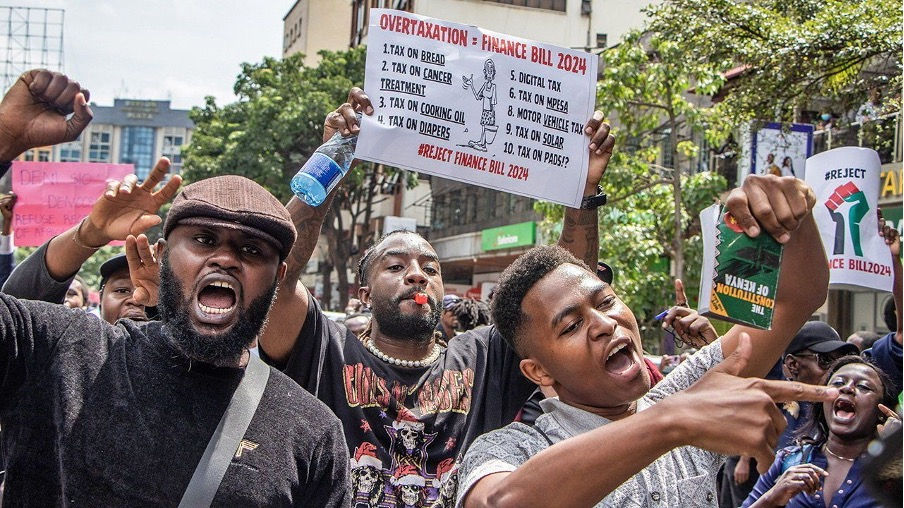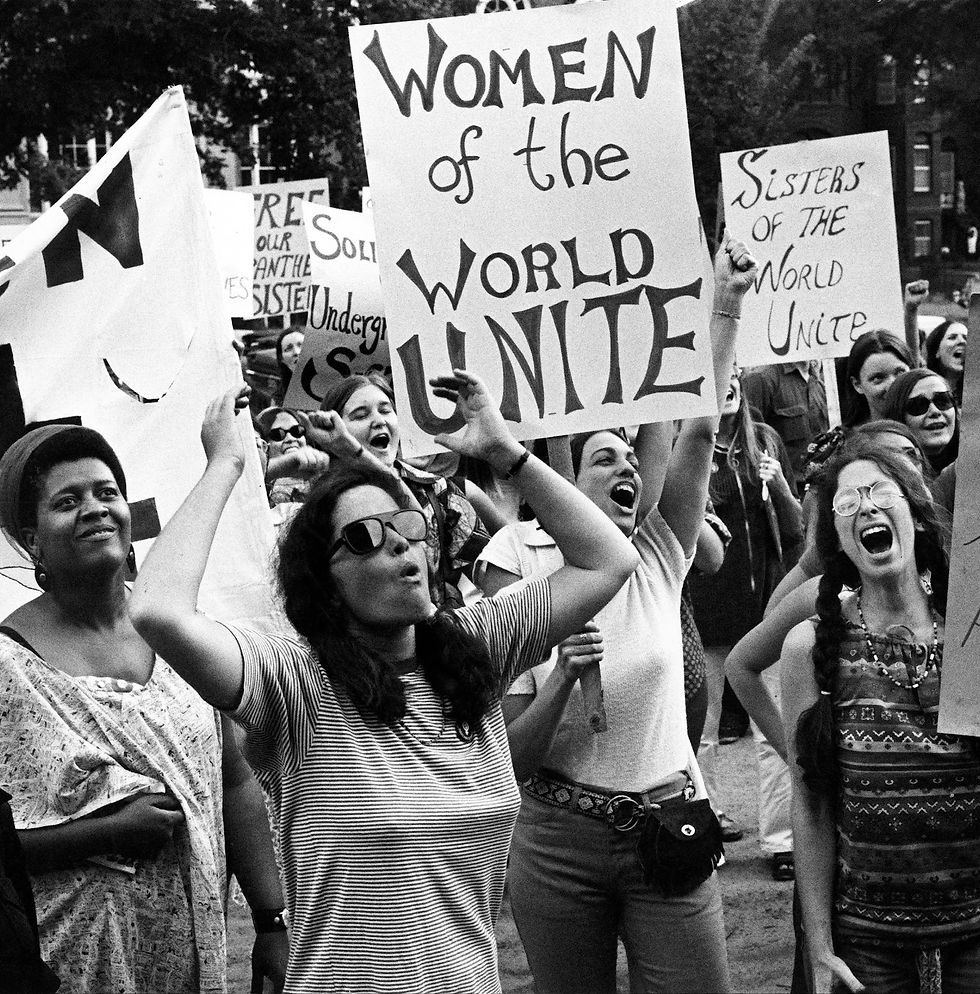How the IMF Has Failed the Global South
- Alisa Wang

- Aug 6, 2025
- 2 min read

Established in in 1944 in the aftermath of the Great Depression of the 1930s, the International Monetary Fund (IMF) is an international organization operating within the UN. Its 44 founding countries had the vision of an international monetary system that would provide global investment, trade, and growth. It promises to promote economic posterity for all of its 191 member countries around the world, but it now appears that the IMF is hurting, not helping, these countries.
Over time, the IMF has been subject to increasing criticism, especially on its conditional lending practices and the negative affect of its policies on developing countries. On giving loads to countries, the IMF makes the country implement policies that reduces government borrowing, implements higher interest rates, and forces structural adjustments like privatisation. However, these methods have often made economic situations worse.
The negative impacts of these structural reforms tend to hit the global south the hardest. It often raises unemployment and increases costs of basic services, making people trapped in the poverty cycle. These loans that are meant to help developing countries has backfired all too often: they not only exacerbating the inequality between the global south and the global north, but also increase the social inequality between people in the same country.
Kenyans, for example, are furious with the IMF over the $2.34 billion loan for their country. They feel unsure of the country’s increasing debt load and feel that the government is mismanaging the funds.
The IMF’s adjustments often do not address the inherent economic injustice in the current political economy of the indebted country. It often produces further economic and social hardships for average citizen instead of taking from the ruling elite with methods such as taxing the untaxed rich.
Ethiopia, too, has been granted a bailout of $3.4bn to support its economic reforms after years of negotiations with the IMF. The effects of this were felt almost immediately, when Ethiopia’s currency lost a third of its value against the US dollar. At a time of already high inflation, Ethiopians fear for a high cost of living.
It’s not just monetary issues, either. The number of kidnappings has become scarily high. On a single day in July this year, over 100 people were taken hostage when travelling on the highway that connects the capital, Addis Ababa, to the town of Debark. The kidnapping epidemic is all made worse with the bleak state of the country’s economy. People are experiencing famine, civil servants are unpaid, and youths are unemployed. For some, joining a rebel group is their only option to make a living. The kidnappers are demanding up to 1m birr, or $17,500, to return a captive. For their families, this is too expensive, even if it means that they may never see their relative again.
Currently, the detrimental effects of IMF policies are shockingly prevalent in indebted countries. It is important, however, that we do not disregard what the IMF has done to help countries like South Korea, Argentina, and Greece. But all too often, the global south becomes stuck in a cycle of injustice, inequality, and poverty.
Bibliography






Comments